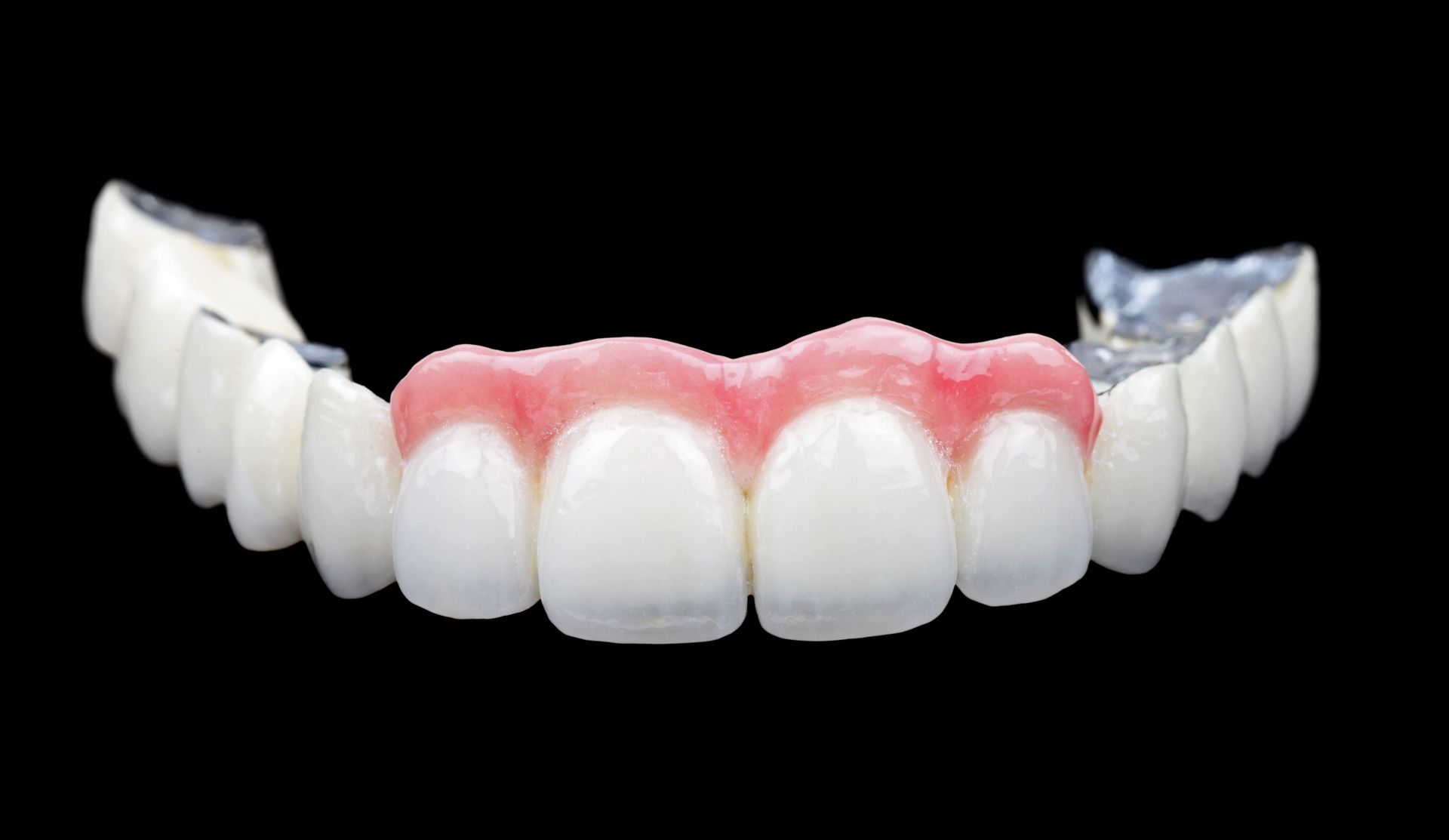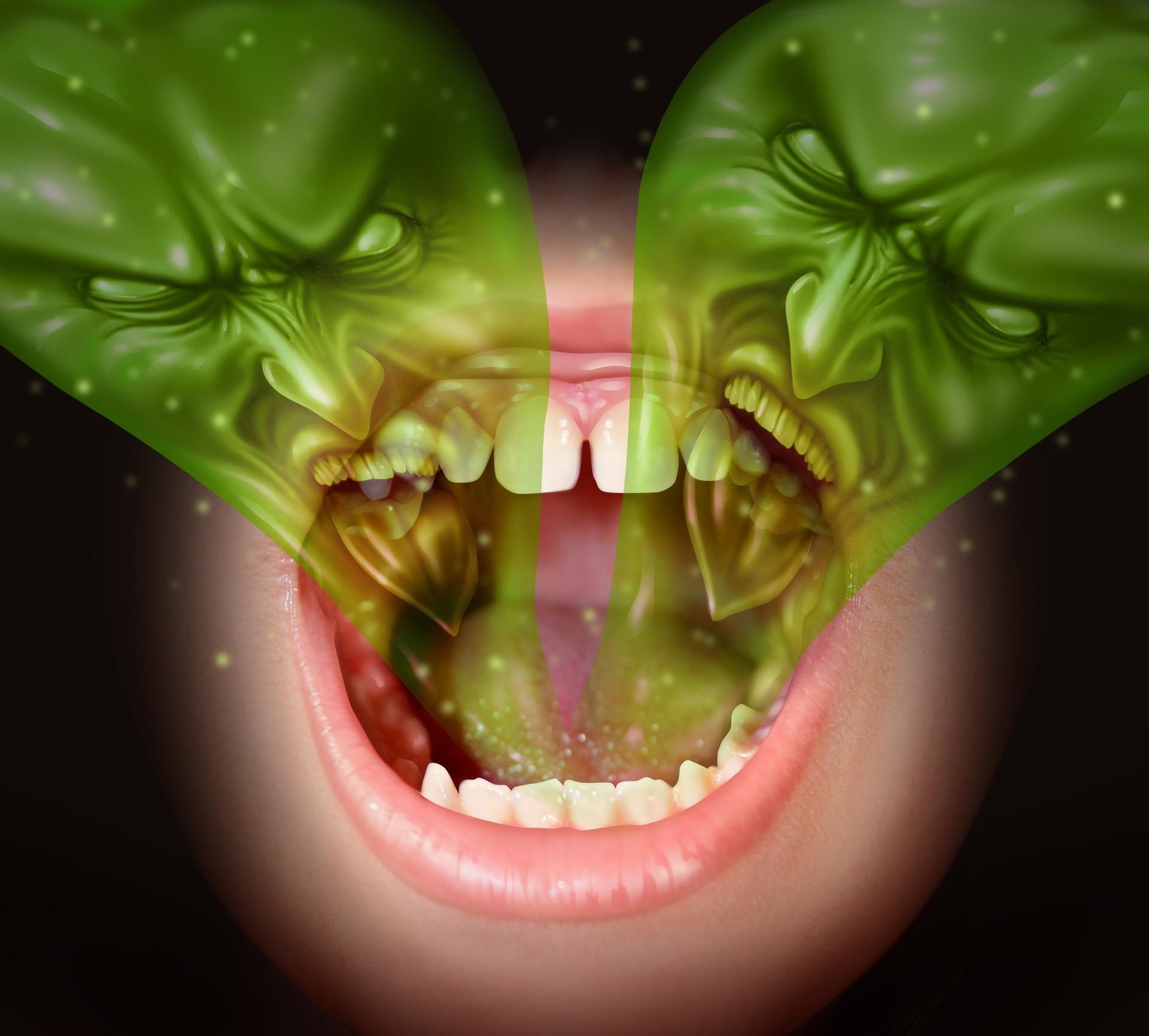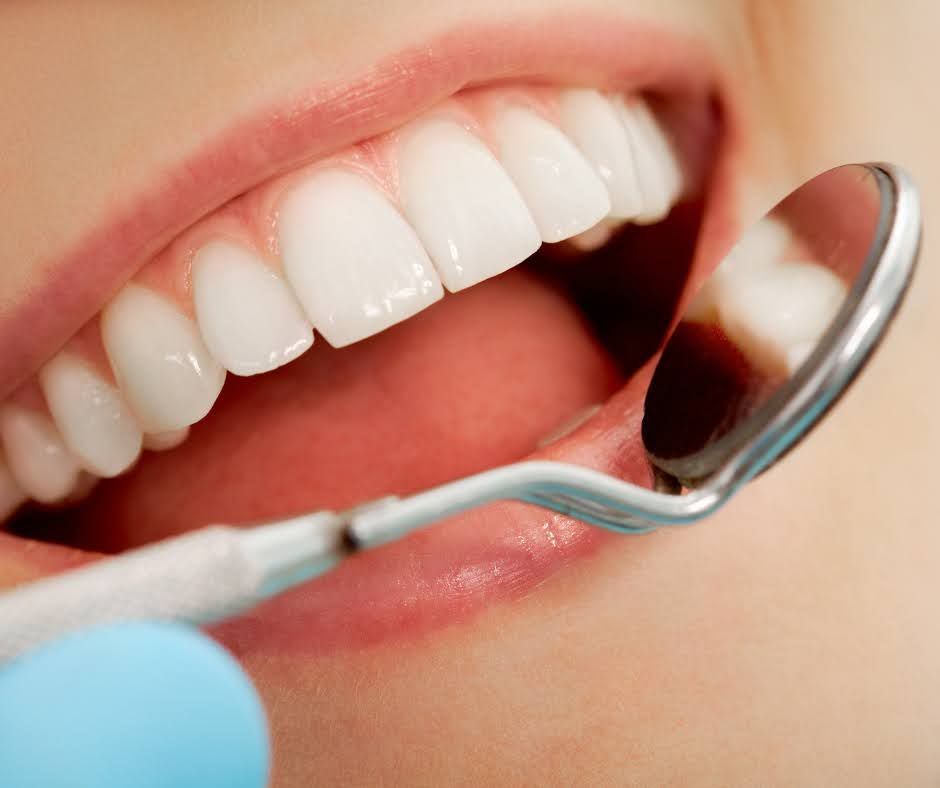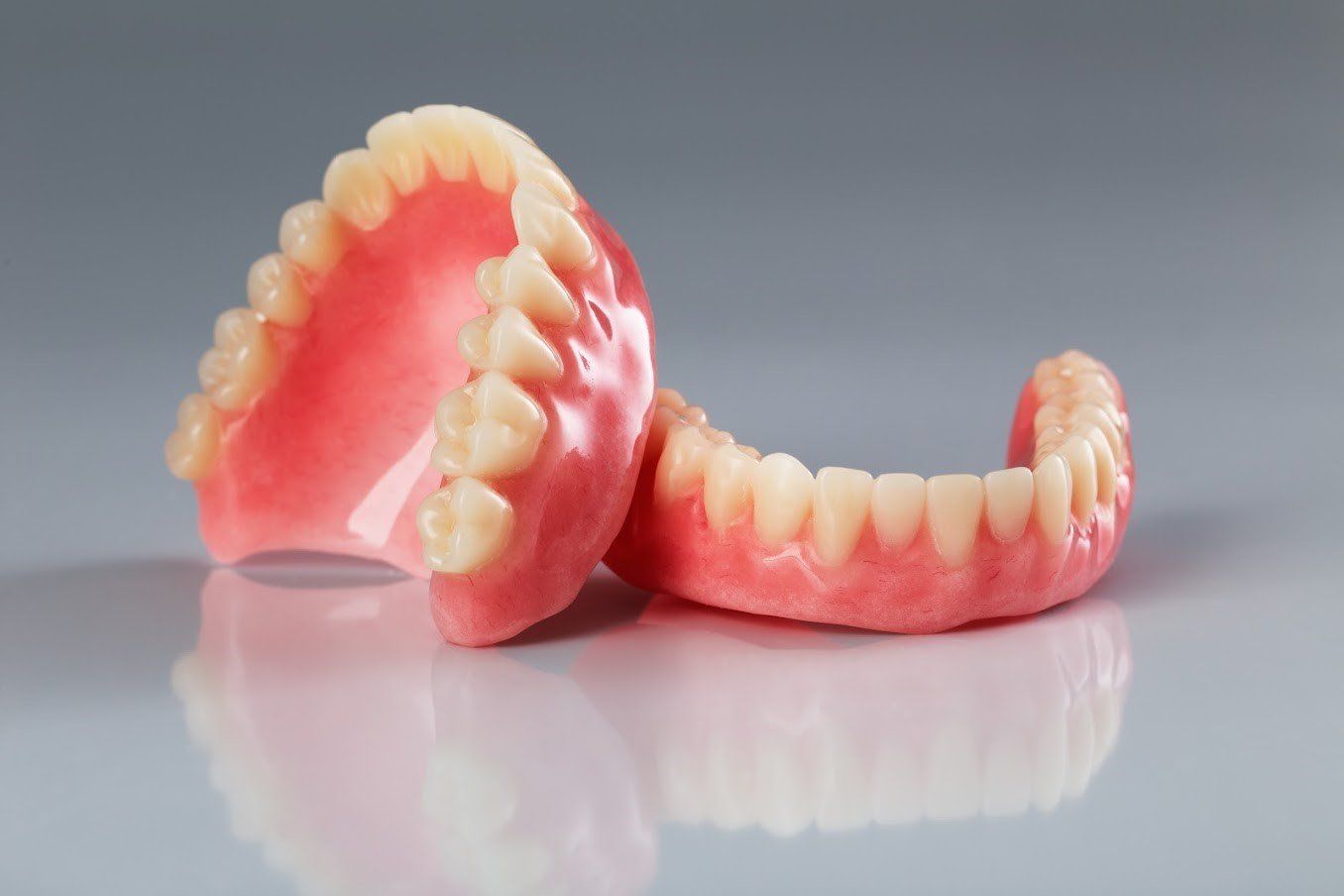Partial Dentures: What You Should Know

If you have lost some of your natural teeth, you may wonder what your options are to restore your smile and your oral health. One of the most common and affordable solutions is partial dentures.
Partial dentures are removable appliances that replace one or more missing teeth in the upper or lower jaw. They are designed to fit snugly around your existing teeth and gums, and they can be easily taken out for cleaning and sleeping.
Learn more about the benefits of partial dentures, the different types available, and how to choose the best option for you.
What Are the Benefits of Partial Dentures?
Partial dentures have many advantages over leaving gaps in your mouth or opting for more expensive or invasive treatments. Some of the benefits of partial dentures are:
- They can improve your appearance by filling in the spaces left by missing teeth and by supporting your facial muscles and lips.
- They can enhance your chewing and speaking abilities by restoring the function of your natural teeth.
- They can prevent your remaining teeth from shifting or drifting into the empty spaces, which can cause bite problems.
- They can be customized to match the shape, size, color, and position of your natural teeth, giving you a natural-looking smile.
- They can be made quickly and easily, usually within a few weeks after taking an impression of your mouth.
- They can be adjusted or repaired if they become damaged or ill-fitting over time.
- They are more affordable than other options such as dental implants or bridges.
What Are Types of Partial Dentures?
There are different types of partial dentures available, depending on your needs, preferences, and budget.
Acrylic Partial Dentures
These appliances are made of a plastic base that holds the artificial teeth. They are held in place by metal clasps that attach to your natural teeth. Acrylic dentures are the least expensive and simplest type of partial dentures. However, they are also the least durable and comfortable.
Metal Partial Dentures
These are made of a metal framework that supports the artificial teeth. They are held in place by metal clasps or precision attachments that connect to your natural teeth. Metal partials are more durable and comfortable than acrylic partial dentures, but they are also more expensive and visible. They can also cause allergic reactions in some people who are sensitive to metal.
Flexible Partial Dentures
Flexible partials are made of a nylon or rubber material that bends and adapts to the shape of your mouth. They are held in place by gum-colored clasps that blend in with your natural teeth. They tend to be more comfortable and aesthetically pleasing than acrylic or metal partial dentures. However, they are a bit more prone to breakage and staining.
How Do You Choose Partial Dentures That Are Right for You?
The best way to choose partial dentures is to consult with your dentist, who can examine your mouth, assess your needs, and recommend the most suitable option for you. Some factors that may influence your decision include:
- The number and location of your missing teeth
- The condition and health of your remaining teeth
- The shape and size of your jawbone and gums
- Your personal preferences and expectations
- Your budget and insurance coverage
In addition to helping you with your selection process, your dentist will also explain how to care for your partial dentures. You will need to know how to clean them, how often to wear them, how to store them, and when to visit for check-ups and adjustments.
Partial dentures can be a great solution for replacing missing teeth and restoring your smile. If you are interested in learning more about partial dentures or other dental services, contact Carlino & Paton, DDS PC, today to schedule an appointment. We look forward to helping you achieve a healthy and beautiful smile.
Contact Information
Address: 51190 D W Seaton Drive New Baltimore, MI 48047
Phone: 586-725-9898
Fax: 586-725-4470
Business Hours
Monday: 9:30 am - 6:00 pm
Tuesday: 9:00 am - 6:00 pm
Wednesday: 9:00 am - 6:00 pm
Thursday: 8:30 am - 6:00 pm
Friday: 8:30 am - 12:30 pm
Saturday: 9:00 am - 2:00 pm
Open One Saturday a Month
Contact Information
Address: 51190 D W Seaton Drive New Baltimore, MI 48047
Phone: 586-725-9898
Fax: 586-725-4470
Business Hours
Monday: 9:30 am - 6:00 pm
Tuesday: 9:00 am - 6:00 pm
Wednesday: 9:00 am - 6:00 pm
Thursday: 8:30 am - 6:00 pm
Friday: 8:30 am - 12:30 pm
Closed Saturday and Sunday










